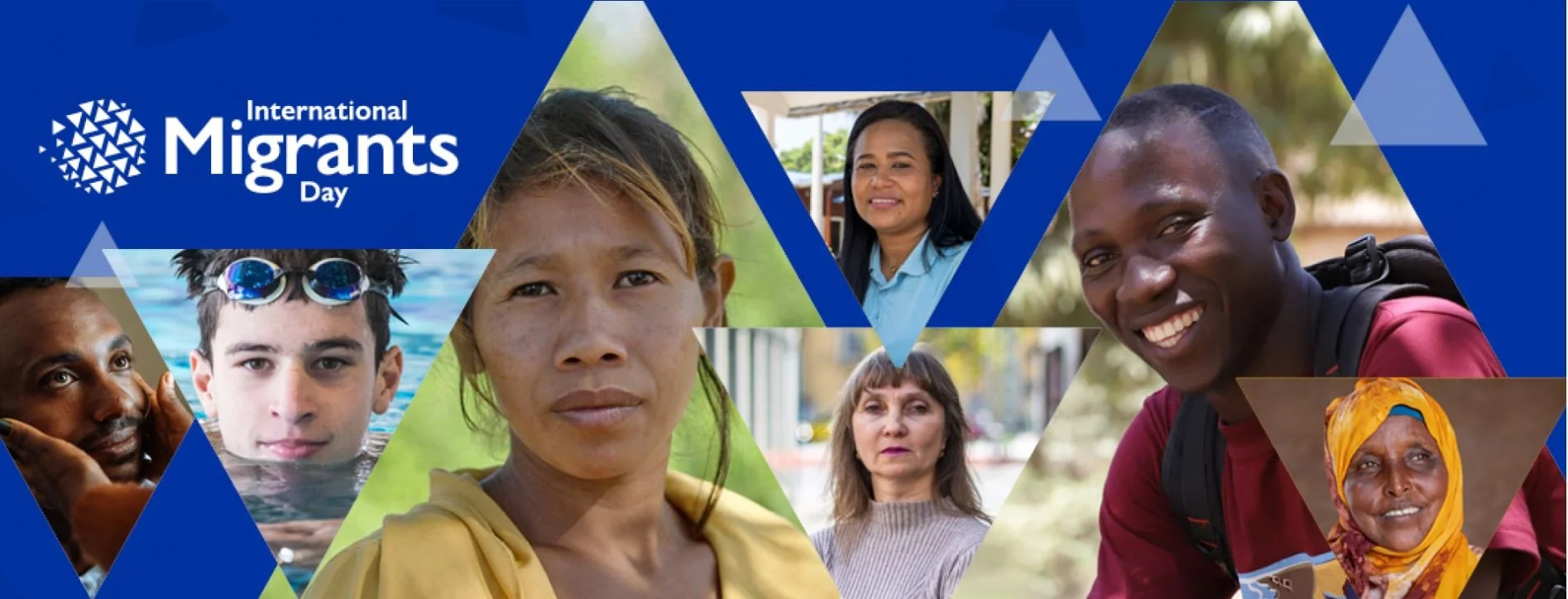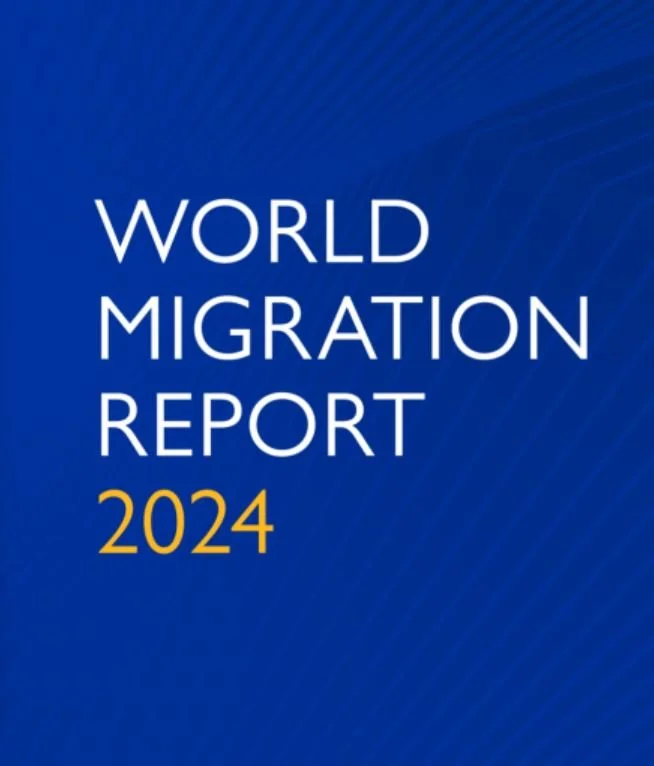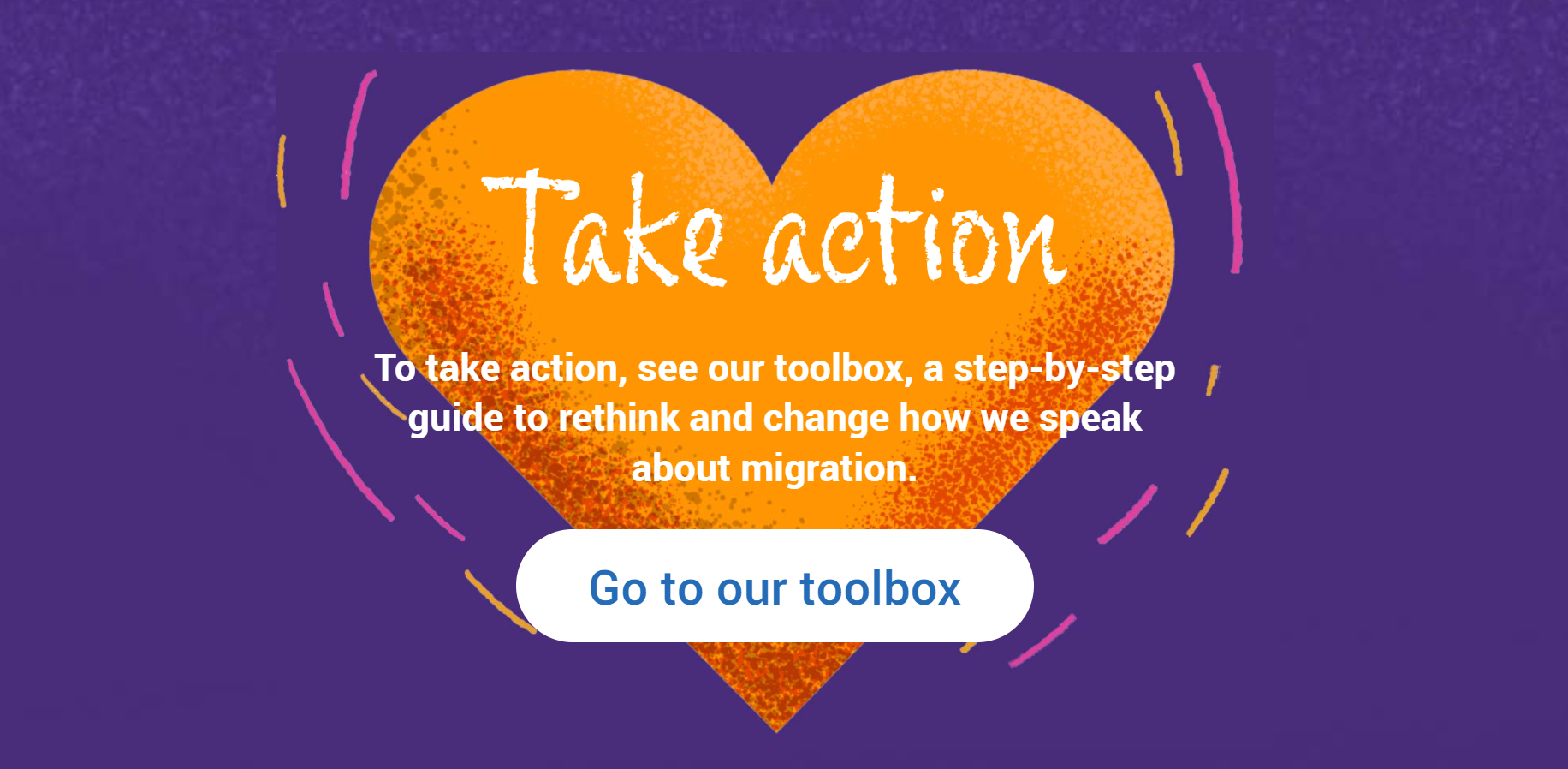PURPOSE: The United Nations General Assembly, have taking into account of the large and increasing number of migrants in the world, proclaimed 18 December as International Migrants Day (Resolution A/RES/55/93)) on 4 December 2000. On that day, in 1990, the Assembly adopted the International Convention on the Protection of the Rights of All Migrant Workers and Members of Their Families. Overall, the estimated number of international migrants has increased over the past five decades. The total estimated 281 million people living in a country other than their countries of birth in 2020 was 128 million more than in 1990 and over three times the estimated number in 1970. The observance of the day aims to raise awareness about the challenges and difficulties of international migration, to actualize human mobility and seize the opportunities it presents. This day is also a reminder that human rights are not ‘earned’ by virtue of being a hero or a victim, but are an entitlement of everyone, regardless of origin, age, gender and status..
FORUM: “Revealing Trends and Challenges in Human Mobility.“ International Migrants Day 2024. Migration has always been a part of human history, with people moving for various reasons. This phenomenon continues to shape our world as more individuals seek better opportunities and escape conflicts, violence, climate change, and environmental degradation. Migrants bring a multitude of skills that can benefit and enrich host countries and communities. They can serve as agents of change, creating opportunities for progress and contributing to social and economic growth. Their contributions to the health and well-being of the society they live in are invaluable. Migration is a powerful driver of economic growth, dynamism and understanding. It allows millions of people to seek new opportunities, benefiting communities of origin and destination alike. The United Nations General Assembly will mark the day to reflect on the role of migrants in our societies, their positive contributions and the challenges they face in achieving their full potential and capabilities. Follow the conversation with the hashtags: #InternationalMigrantsDay, #18December, #MigrantsDay, #safeMigration, #RegularMigration, #OrderlyMigration.
EVENTS: On December 18th, the UN Migration, the UN Special Rapporteur on the Human Rights of Migrants and the specialized agencies will host a webinar to mark the International Migrants Day 2024 from the IOM Headquarter in Switzerland.
On December 18th, the WHO/Europe will mark the International Migrants Day by joining the International Organization for Migration (IOM) in a call to help people find safety and opportunity by supporting their access to health services at every step of their migration journey. International Migrants Day is marked each year to advocate for migrants’ rights, including their right to health.
On December 06th, 2024, 14:00 – 16:30 UTC +7, the UNESCAP have hosted a conference at the United Nations Conference Center, Bangkok, Thailand. The observance of International Migrants Day 2024 in Asia and the Pacific is co-organized by ESCAP and the Regional United Nations Network on Migration for Asia and the Pacific. It will feature the launch of the Asia-Pacific Migration Report 2024, a comprehensive United Nations system-wide assessment of the implementation of the Global Compact for Safe, Orderly and Regular Migration in Asia and the Pacific and a preview of the preparations for the Second Asia-Pacific Regional Review of Implementation of the Global Compact for Migration, scheduled to take place at the United Nations Conference Center from 4 to 6 February 2025. The event will provide an opportunity for member States, stakeholders and United Nations entities in the region to reflect on the implementation of the Global Compact for Migration and discuss regional priorities. Get the Concept Note, the flyer and the Agenda programme!
FESTIVAL: Health for All Film Festival - In 2024, WHO will continue to celebrate the power of audiovisual storytelling for health with all those interested in public health narratives! The 5th Health for All Film Festival calls for submissions from 1 November 2023 to 31 January 2024. This year, there is a Special Migrants and Refugees Health Film Prize. We invite public health institutions from around the world, non-governmental organizations, communities, activists and students in public health, film schools, and other relevant domains to submit their original short films that shed light on the impact of migration and displacement on the physical and mental health and well-being of people on the move. Short films can also raise awareness on the rights and unique health needs of these populations, and showcase how access to health care for these populations contributes to their better health and well-being. Independent filmmakers, production companies, and TV broadcasters are also invited to participate. A multilingual social media kit with visuals is also available at the bottom of the page to further promote this call and invite submissions of short films on migrants and refugees health before 31 January 2024. For more information on how to apply, please visit the Health for All Film Festival website.
PUBLICATION: The World Migration Report 2024 reveals latest global trends and challenges in human mobility. Get the WORLD MIGRATION REPORT 2024!
STATEMENTS: Read the Statement of the United Nations Secretary-General on International Migrants Day 2024; December 18th and the statement of Ms. Amy Pope, IOM Director-General on International Migrant’s Day 2024; December 18th.
PODCASTS: Scale up the implementation of the Global Action Plan on promoting the health of refugees and migrants. In most discussions on migration, the starting point is usually numbers. The current global estimate is that there were around 281 million international migrants in the world in 2020, which equates to 3.6% of the global population.To facilitate the development and implementation of national health policy strategies and regional action plans that respond to the health needs of people on the move Listen to the audio-podcasts!
CAMPAIGN MATERIALS: Join the 2024 campaign “Revealing Trends and Challenges in Human Mobility.“ by taking immediate action to prioritize the health of migrants, we can unlock the full potential of migration and create a healthier, safer, fairer world for all. Spread No Hate!, PLURAL+ is a joint initiative of the United Nations Alliance of Civilizations (UNAOC) and the International Organization for Migration (IOM) to rethink about Migration and inclusive societies. You are free to participate. Get the communication materials!
WHY WE CELEBRATE DAY?
HOW TO GET INVOLVED!
PARTNERSHIPS
With ever increasing numbers of migrants moving throughout the world, the United Nations General Assembly declared December 18th as a day to celebrate the role of the migrant and the contribution that migration brings to development.
We celebrate the International Migrants Day to address the social dimensions of climate change and migration, particularly regarding governance, conflict, human rights and international law, gender equality, economic and human development and public health.
UN Member States and intergovernmental and non-governmental organizations observe the day through the dissemination of information on the human rights and fundamental freedoms of migrants, and through the sharing of experiences and the design of actions to ensure their protection.
UNESCO places emphasis on the human face of migration. It addresses the implications of the movement of people within its fields of competence, firmly embedding its interventions in a human rights framework.
Explore the origins and the destination of migration corridors.
Pay a minute of silence for those who lost their life during their migration,
Understand the links between migration and education, and the challenges raised by intercultural education, brain drain/gain, student mobility and the international recognition of qualifications;
Contribute to a policy environment conducive to the social integration and inclusion of migrants;
Address issues related to international migration and development in a systematic and comprehensive way;
Protect and fulfill the human rights of all migrants, regardless of their status, with a particular focus on migrants in vulnerable situations and at most risk of human rights violations;
Promote a human rights-based approach to migration, which places the migrant at the center of migration policies and governance;
Ensure that migrants are included in all relevant national action plans and strategies, such as plans on the provision of public housing or national strategies to combat racism and xenophobia.
The International Day of Migrants is co-organized by the United Nations Economic and Social Council (ECOSOC), the International Organization for Migration (IOM), the United Nations Refugee Agency (UNHCR), the United Nations Educational, Scientific and Cultural Organization (UNESCO), the Office of the United Nations High Commissioner for Human Rights (OHCHR), the Special Rapporteur on the Human Rights of Migrants and the Global Migration Group (GMG).
With the collobaration the Organisation for Economic Co-operation and Development (OECD), United Nations Human Settlements Programme (UN-Habitat), the Migrants Rights International (MRI), United Nations Alliance of Civilization (UNAOC), The United Nations Academic Impact (UNAI) and the International Movement Against all forms of Discrimination and Racism (IMADR).
With the participation of he Civil Society Organizations, International and Non-Governmental Organizations, Diasporas and academics.
Make a donation.
As we continue to grow in response to global migration challenges, our procurement needs grow as well. Your donations will help us provide essential supplies, dignified shelters, counselling and social support services to vulnerable families. For those who are rebuilding their lives, we will help create jobs and opportunities for them to become self-reliant.



